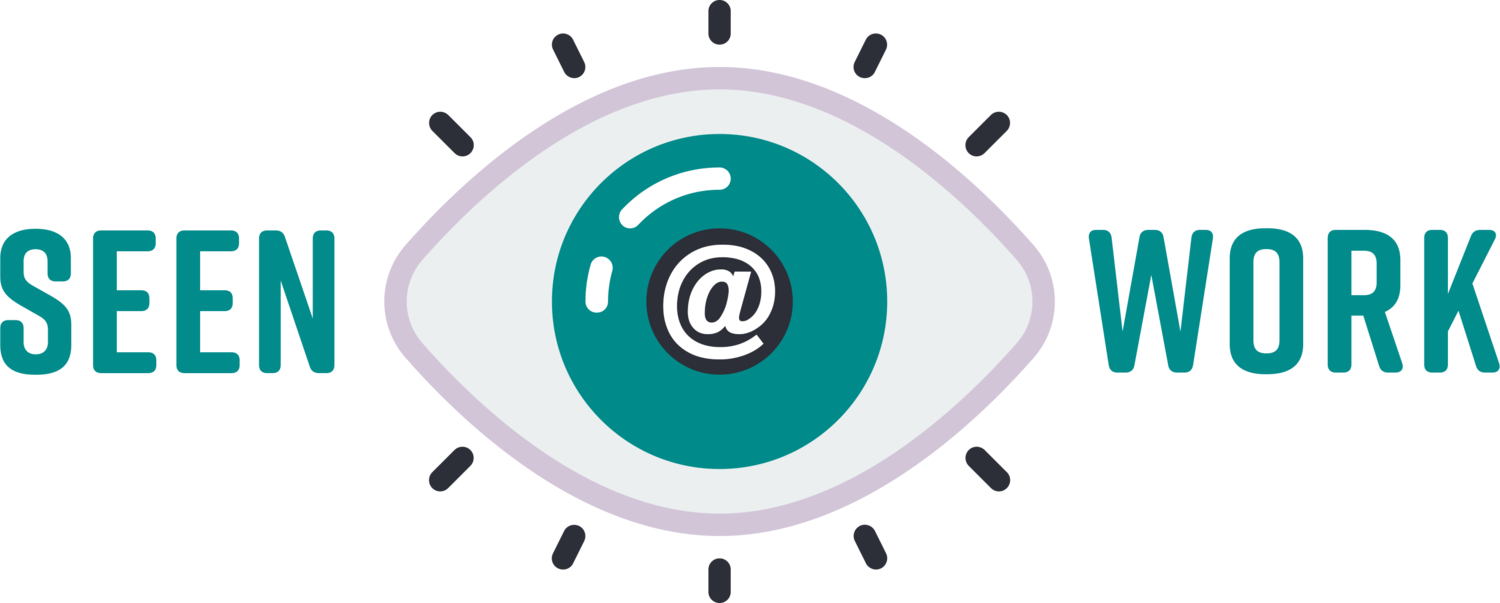It Shouldn’t Be My Job to Tell Managers to Talk about George Floyd
George Floyd was a Black man who died pleading for his life after being pinned down by a white police officer seeking his arrest.
I’m a diversity and inclusion professional who, among other things, helps company leaders navigate difficult conversations about race, privilege, and identity.
It shouldn’t be my job to tell managers to talk about George Floyd.
Managers seeking to be inclusive leaders should make keeping up with abhorrent occurrences like this one a top priority. They should attempt to stay abreast of not just the criminalization of Black people, which has persisted for hundreds of years, but of all of the ways communities are systemically oppressed, particularly within the countries they and their direct-reports live in.
At the very least, inclusive leaders should make space to have conversations about these incidences as they occur.
Here are three reasons why:
Employee Wellbeing & Productivity
Whether they make it known or not, when the news is smeared with the blood and tears of those who have been targeted for their racial, ethnic, sexual, gender, and/or religious identity, a person’s ability to focus on much else is hindered, especially if that person shares the targeted identity with the victim. Employees are trained to push down these feelings when they are in professional spaces, but the act of pushing those feelings aside is exhausting and depleting.
Particularly in a global climate that’s already having its impact on employee wellbeing and productivity, managers and company leaders would do well to address these feelings in their employees and relieve any pressure they may feel to hold them in.
Employee Belonging & Company Loyalty
When people share stories, they feel more deeply connected to others. The opposite is true as well. People who withhold their feelings or sense their stories are not welcome within an organization feel less connected to those within the organization.
“People who withhold their feelings or sense their stories are not welcome within an organization feel less connected to those within the organization.”
Build Community -
Retain and Engage Your Employees
Check out Seen@Work’s signature Circle Program.
Schedule a Consultation today.
The connection people may or may not feel to those they work with is a metric of Employee Belonging, and Employee Belonging is a sensation many people leaders seek from their employees because they know it’s associated with higher levels of fulfillment and company loyalty.
If employees have no place to share how they feel, to share their story or how something they’ve experienced may be intimately connected to a scary incident that is happening often and/or loudly in the media, they may feel less connected to their company, to their team, and to the leadership.
“Not everything that is faced can be changed, but nothing can be changed until it is faced.”
Silence Perpetuates the Problem
According to a recent HBR article, inclusive leadership is “a unique and critical capability helping organizations adapt to diverse customers, markets, ideas and talent.”
In other words, inclusive leaders recognize that what works for the majority population does not necessarily work for all populations. They have learned to adapt.
In fact, the silent, blinders-on approach corporate America adopted and perfected when addressing issues facing communities of color is no longer a viable option for leaders of organizations that want to practice inclusive leadership.
“The silent, blinders-on approach corporate America adopted and perfected when addressing issues facing communities of color is no longer a viable option for leaders of organizations that want to practice inclusive leadership.”
To be clear, the silent, blinders-on approach corporate America adopted and perfected when addressing (or not addressing) issues facing minority populations has engendered a climate of acceptance. How are people held accountable if their actions aren’t discussed? Here’s the short answer: they aren’t.
It shouldn’t be my job to tell managers to talk about George Floyd. But it is because, although leaders should want to have conversations about such important topics for the reasons outlined above, they often don’t.
And until inclusive leadership is practiced more widely, I and many others advocating for diversity and inclusion at work will continue to remind anyone who will listen that these conversations are important.
So, let’s start today, perhaps by talking about the horrendous way George Floyd lost his life. If you’re seeking to practice inclusive leadership, if you lead a team or an organization, make space, invite the discomfort.
Your teammates and your society will thank you later.
You can also find this blog post on Medium.com.
Need to Train Your Employee Resource Group Leaders? Consider Bringing Seen@Work to Your Org.
Click the Image and Schedule a Consultation today.


